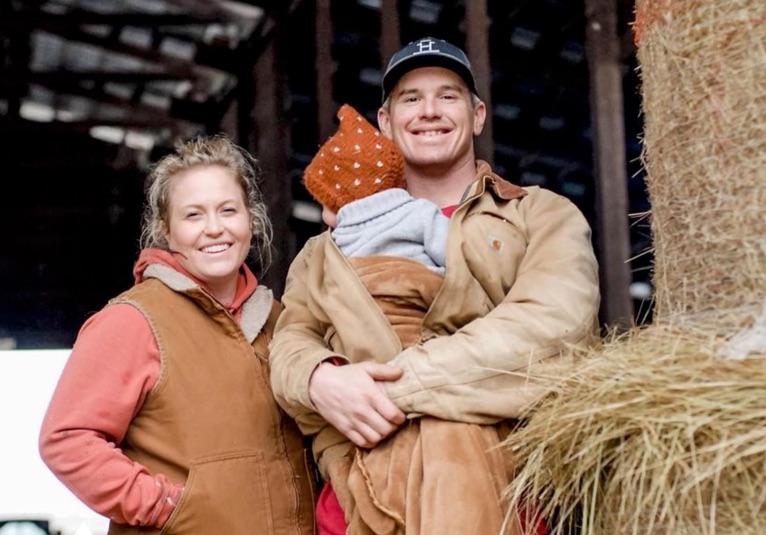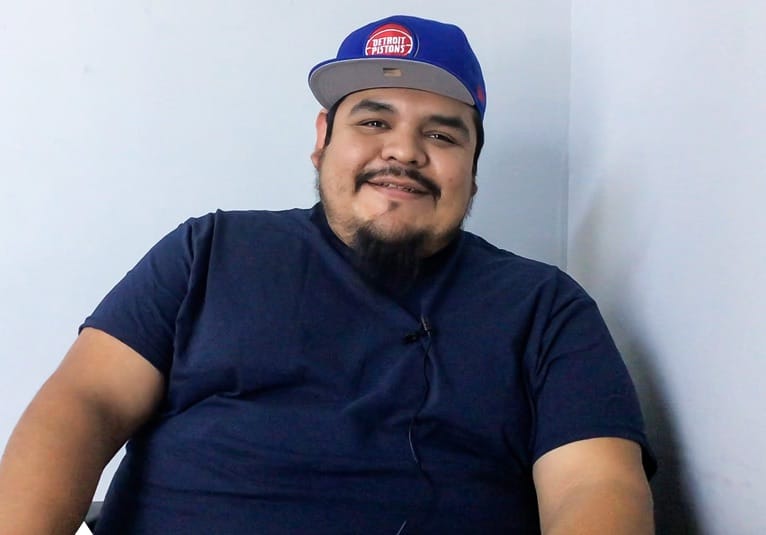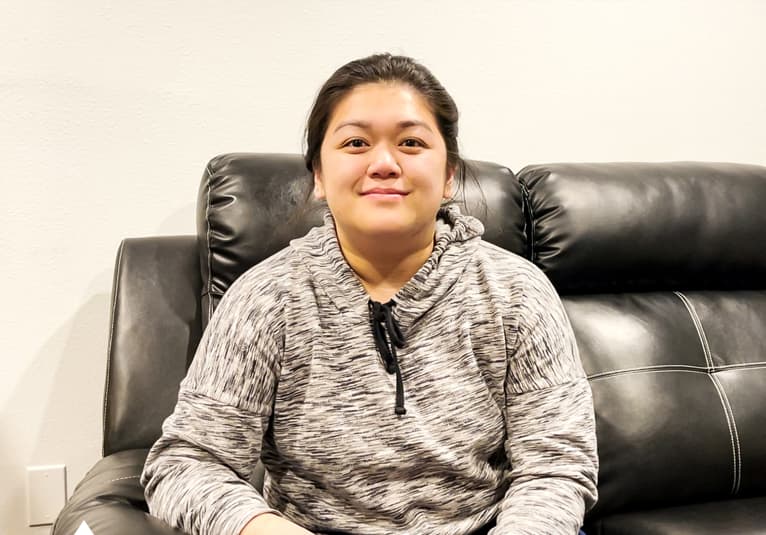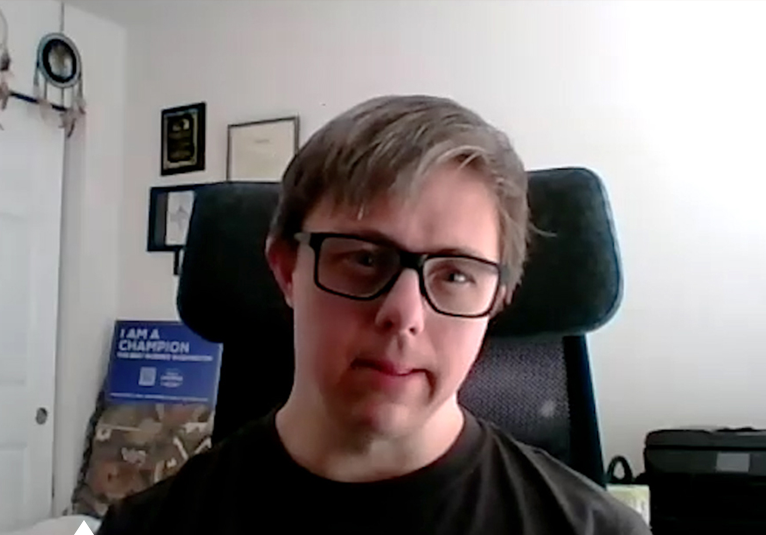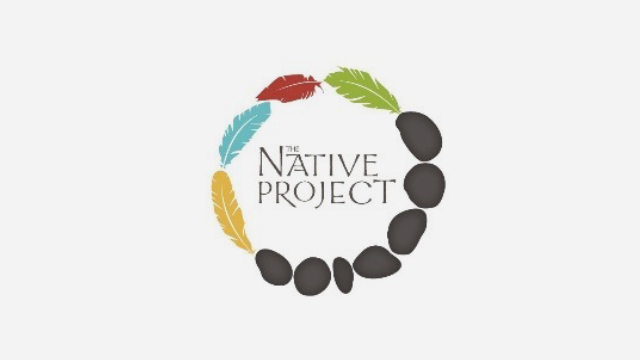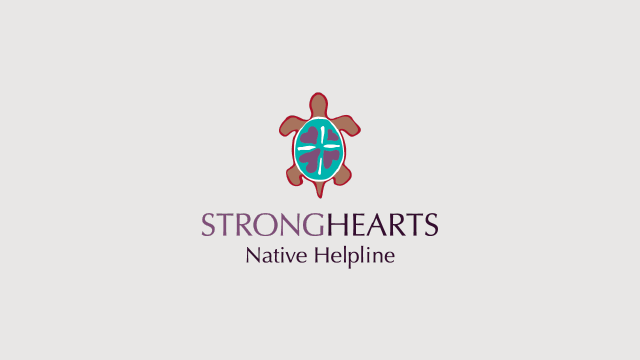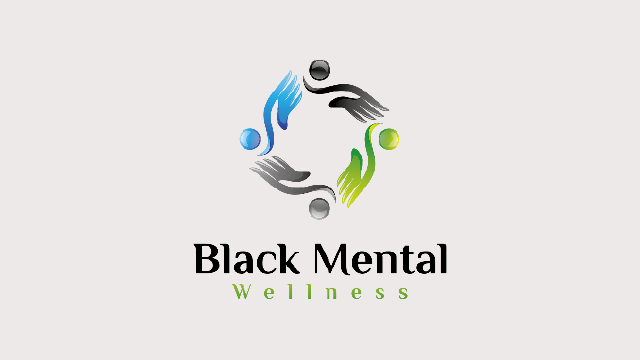Jon C Addiction is Complex
Hi. My name is Jon Chapman. I’m a substance use disorder professional here at Native Project, and I work with adolescents that have substance use disorders.
Addiction is complicated. There are multiple factors that play into addiction. Those factors range anywhere from family history to genetic predisposition. Environmental impacts are huge. During this COVID pandemic, we’ve seen a huge influx of people turning to substances to cope with the stress, uncertainty and grieving the loss of the old normal. In addition to dealing with family members that are highly stressed, out of work, maybe struggling with uncertainty of homelessness, with food insecurity. All of those things contribute to an added risk of trauma and trauma really is a precursor to addiction, as well as many other mental health disorders.
Addiction is one of those situations that a person typically falls into because they’re attempting to self-medicate. And the problem with using substances to self medicate is that they eventually stop working. A person will need to use more and more substances to get escape and find where reprieve from the emotions that they’re attempting to avoid. When they sober up, they realize that those emotions really didn’t go anywhere. They just continue to build and fester, and that requires more and more substance. And the more and more substances a person uses, the closer they get to using in a way that might cause them to blackout or overdose.
We’ve seen a huge increase in overdoses since the pandemic started. One of the primary substances that is fueling that right now is opioids and people are attempting to find that escape, and it’s creating conditions where people are using just to survive. But they’re realizing that they can’t survive anymore.
They use-to-live and live-to-use and their whole life gets consumed by the substance. And a person in that state again, just trying to cope with life struggles tends to really get into a situation where they feel totally isolated and alone and when they’re only coping strategy ceases working, that gets scary. And a lot of people who haven’t contemplated suicide start thinking about those permanent solutions to their temporary problems because the despair and the hopelessness gets so strong and so intense that they can’t see a way out.
The good news is there are multiple resources that can help people.
Usually people come to services for substance use disorder because what they’re doing has stopped working and life is so painful that they realize and recognize that their method of coping isn’t working. Most people have tried multiple methods to control their use and to mitigate the consequences that come with using, and they found that they really don’t have control. One of the key components of addiction is that it’s marked by compulsion. When a person starts using substances somewhere along the line, they cross this invisible barrier that once they start using, they can’t stop.
And if a person is in that state, if they’re experiencing terror bewilderment frustration and despair – there is hope.
It only takes a phone call to any treatment center in Washington state. There’s National Institute of Mental Illness that has great resources. If a person is struggling, if they’ve gotten to a place where they don’t want to live without using, but they know they can’t continue to live while using, that’s usually when we can make the greatest impact as substance use disorder professionals.



